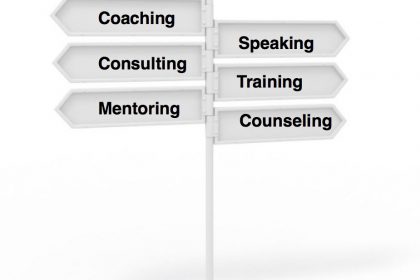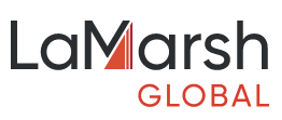Because each person is their own best expert, the job of a coach is to ask questions that open the door for the client to explore their own possibilities and make their own choices. During the coaching process, people often discover that they are holding themselves back unconsciously.
Consider a few examples:
* When someone says ‘I’ll try,” how likely is their success? The word ‘try’ actually tells their brain not to worry, that they don’t really have to do it. Their brain says, “Ok, you are the boss so I won’t…”
* When someone says, “He makes me mad,” they are giving control of their own feelings to someone else.
* When someone says, “they will never understand,” the absolute statement does not even allow for the possibility of understanding.
Coaching is a partnership focused on the success of the client, and a powerful tool for a coach to use in supporting their clients success is to recognize limiting language, ask questions to open the thinking, and model effective language. Learning the information, practicing it, and applying it effectively takes time and is worth every bit of it!
The three principals focus on:
* clarity of meaning
* positive and proactive focus
* intentionally thinking and speaking in terms of the desired result
The next post is will provide detailed examples of limiting language and questions coaches ask to move past the self-imposed barriers.
For now, let’s start with a challenge: This weekend, sit back and really listen to what people say and how they say it. Ask yourself if it seems positive or negative. Ask yourself is the conversation is stuck on the problem or exploring solutions. Ask yourself what the likely outcome is based on what you hear. Then, evaluate how the way it was said influenced your perceptions and the results.
What are your observations?




